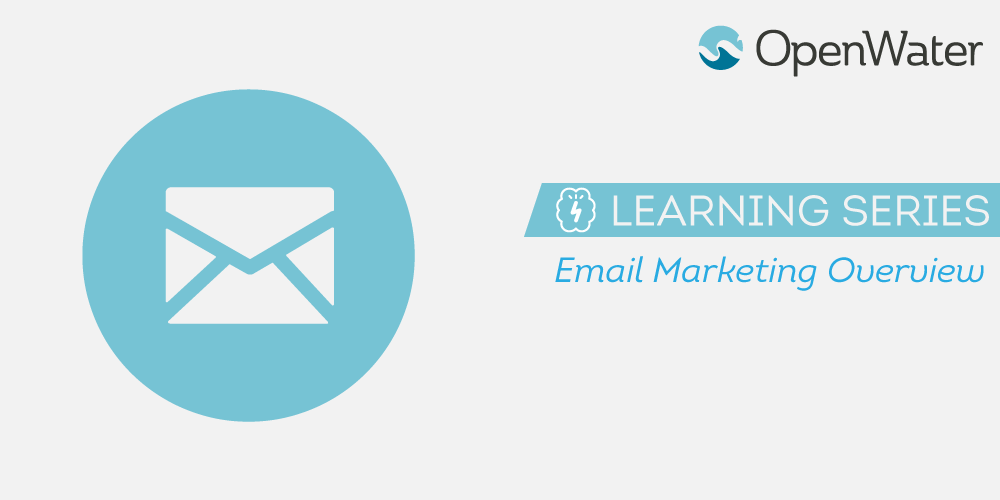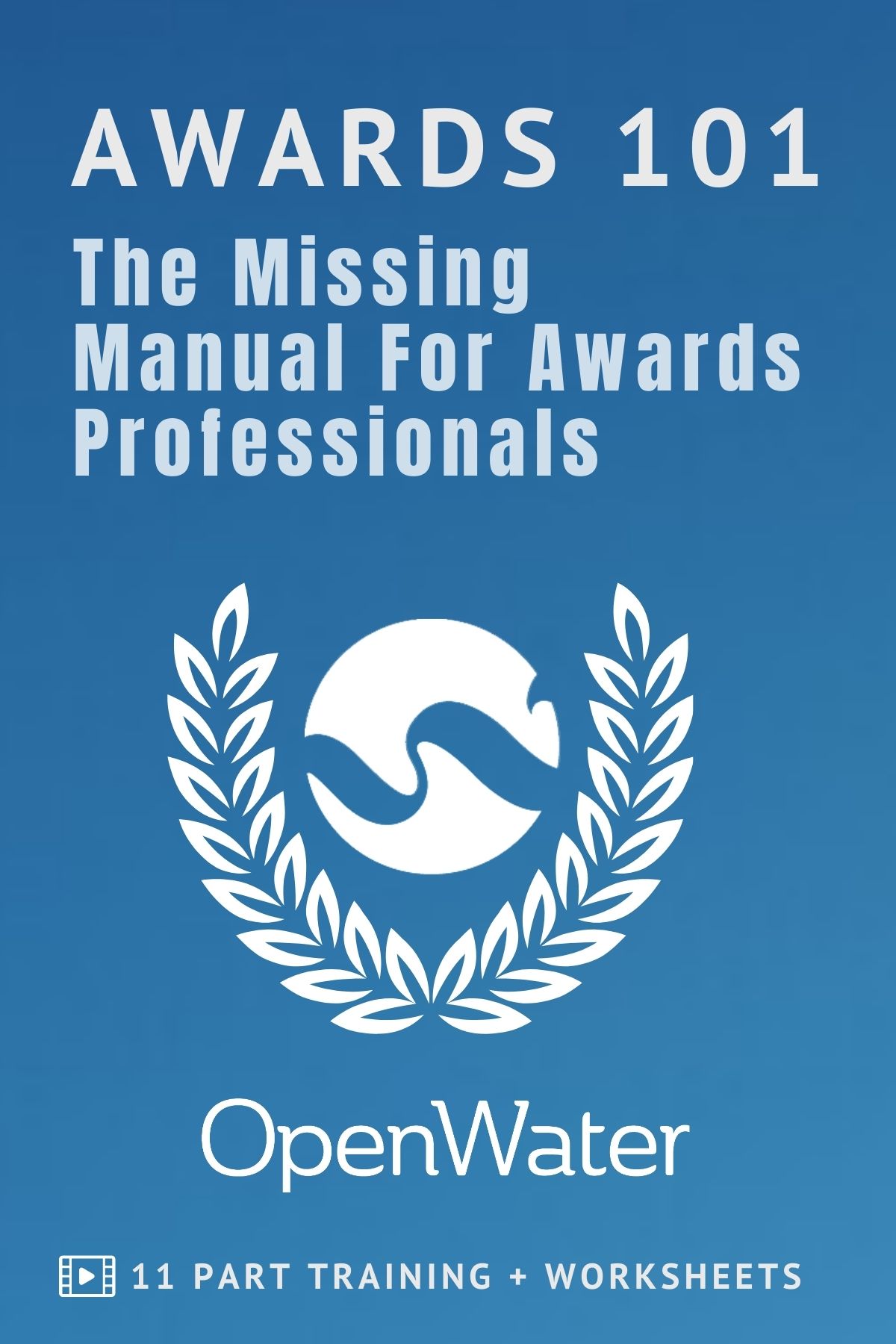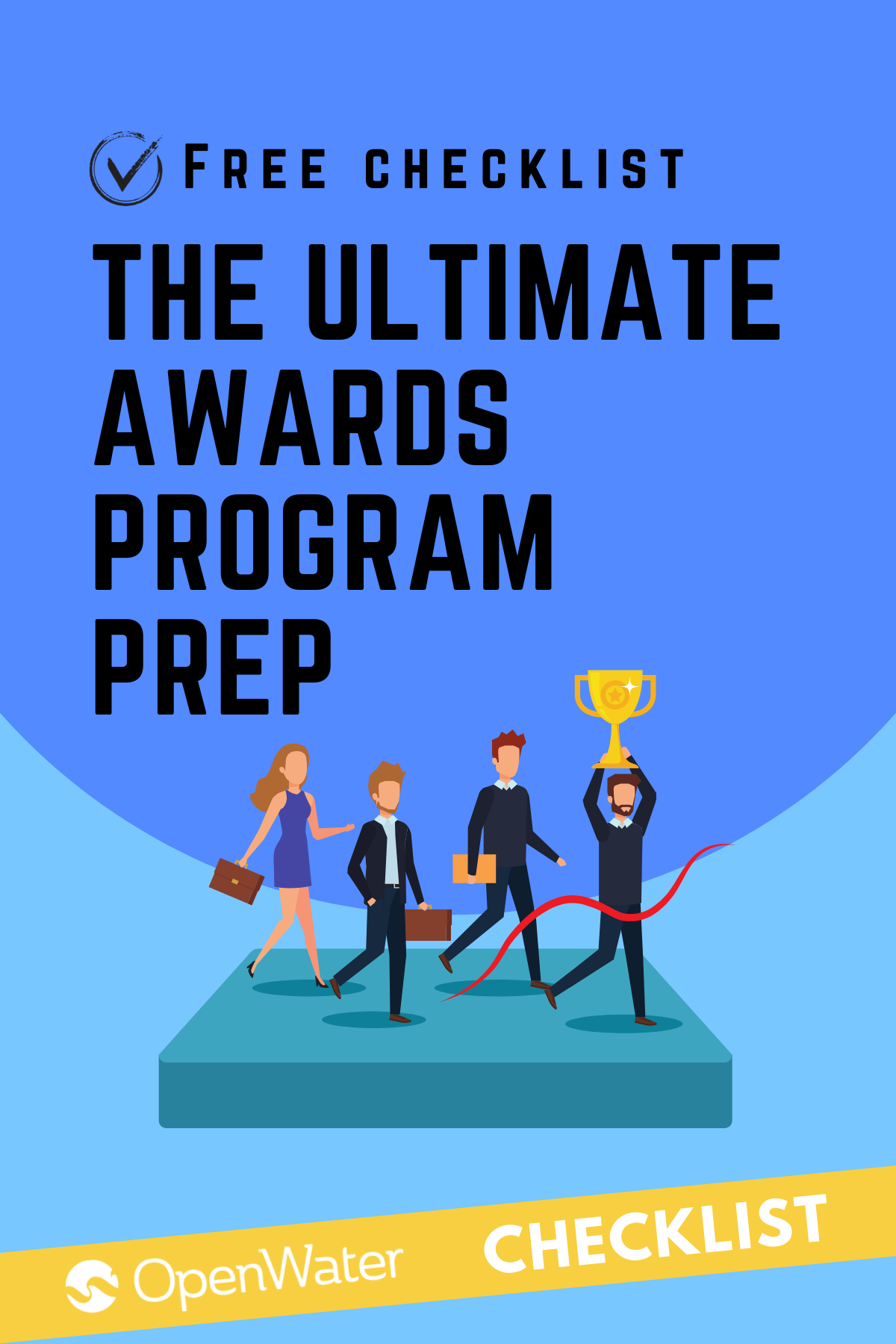
Learning Series: Email Marketing Overview
If you’ve heard that email is dead, it isn’t. Emails are the inexpensive way to:
- Stay in touch with contacts;
- Alert contacts of upcoming events;
- Share organizational updates;
- Promote new offers; and
- Spread new content
Every organization uses emails to achieve some organizational goals and reduce administrative burdens. And, if you hesitate to invest in email thinking that entrants will regard it as spam or have other issues with it, you shouldn’t. There is always a relevant, useful way to use the platform.
However, there is no one type of email. In fact, there are many you should be aware of, including:
- Stand-Alone Emails;
- Newsletters;
- Lead-Nurturing Emails;
- Sponsorship Emails; and
- Transactional Emails
We’ll explore each in greater depth below so you know which to use and when.
1. Stand-Alone Emails
A stand-alone email is a one-time email you can use to announce stages of your program or provide another important update. Typically, you should limit stand-alone emails to previous or regular applicants and send just 1 or 2 throughout your entire awards program.
2. Newsletters
Most organizations already send out newsletters monthly. This is a great way to expand your program’s reach and take advantage of email marketing in an authentic, meaningful way.
It’s best to publish program-related content in your newsletter during your call for entry period to reiterate submission deadlines, judge information, calls-to-action, and anything else you deem appropriate.
3. Lead-Nurturing Emails
Lead-nurturing emails center on a single theme that was specifically created for and targeted to the reader. While you can send lead-nurturing emails to many targeted groups, they are most useful for new entrants who are considering your program but haven’t yet made a decision.
Lead-nurturing emails serve two primary purposes:
- Distribute Important Information – This can include information about submissions, announcements and deadlines, application information, best practices, criteria, updates, and judge bios.
- Remain Prevalent in the Minds of Entrants – You don’t want applicants to learn about your program and to then never engage again. Lead-nurturing emails keep your organization top of mind.
4. Sponsorship Emails
Sponsorship emails are a great way to generate additional revenue for your organization.
You won’t be the one sending out sponsorship emails. Rather, you’ll get your information in industry-related newsletters so companies know about your program and that you’re seeking sponsors.
Always include a brief call-to-action and your contact information in these newsletters so interested companies can get in contact with you.
5. Transactional Emails
A transactional email is an email you send once an action is completed. For example, if someone downloads something from your website, fills out a form, or otherwise engages with your site, you can send an email thanking them. You can use these same emails to promote your program in subtle ways and to reinforce your branding and messaging.
Choose the Emails Most Useful to Your Organization
You can use all of the emails above or just a handful of the different types – it’s about knowing your audience and spending your time on what will be most effective.
Confused about email marketing or want more guidance on how to get started? Download our companion worksheet here.

